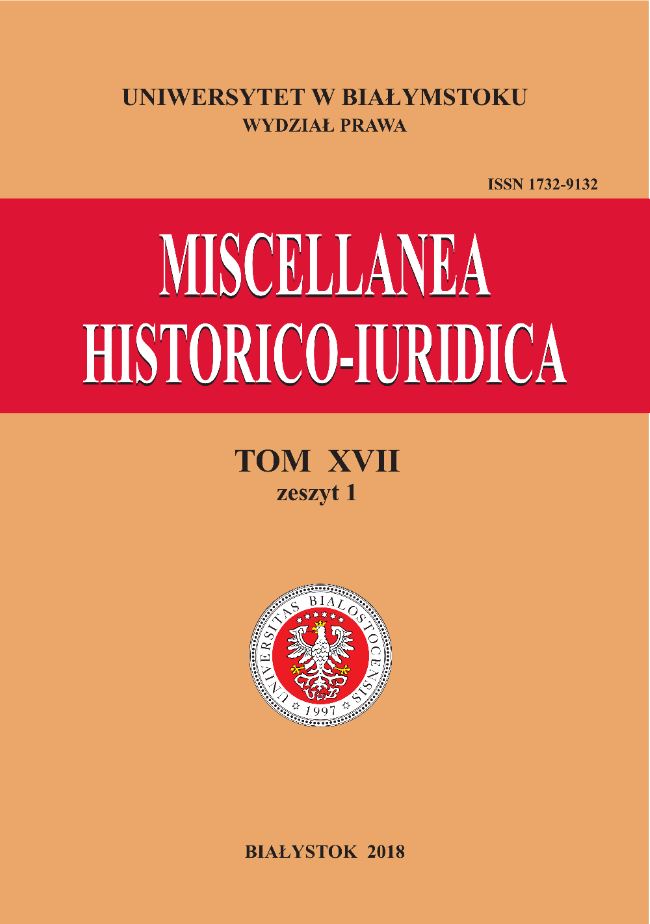Parlamentarny system rządów w Polsce i Niemczech po I wojnie światowej
The parliamentary system of government in Poland and Germany after the First World War
Author(s): Katarzyna DunajSubject(s): History, Law, Constitution, Jurisprudence, Constitutional Law, Recent History (1900 till today), Pre-WW I & WW I (1900 -1919), Interwar Period (1920 - 1939)
Published by: Wydawnictwo Uniwersytetu w Białymstoku
Keywords: parliamentary system of government; the II Republic of Poland; the Weimar Republic; the March Constitution; the Weimar Constitution
Summary/Abstract: The end of the First World War coincided in Poland and Germany with the birth of a parliamentary system of government. However, while Poland adopted classical political devices derived from the then model a la française, which at that time dominated, Germany decided to create an original parliamentary system of government, with the strong position of a president elected by universal and direct election. It soon turned out that in both countries this resulted in a “democracy that came too soon”. Quite quickly, crisis and the collapse of parliamentary rule occurred. The subject of the analysis undertaken by the author is the reflection on the solutions of the German Constitution of 1919 and the Polish March Constitution of 1921, which shaped the parliamentary system of government, with particular reference to the premises that led to crisis and the collapse of parliamentary democracy.
Journal: Miscellanea Historico-Iuridica
- Issue Year: 17/2018
- Issue No: 1
- Page Range: 43-59
- Page Count: 17
- Language: Polish

